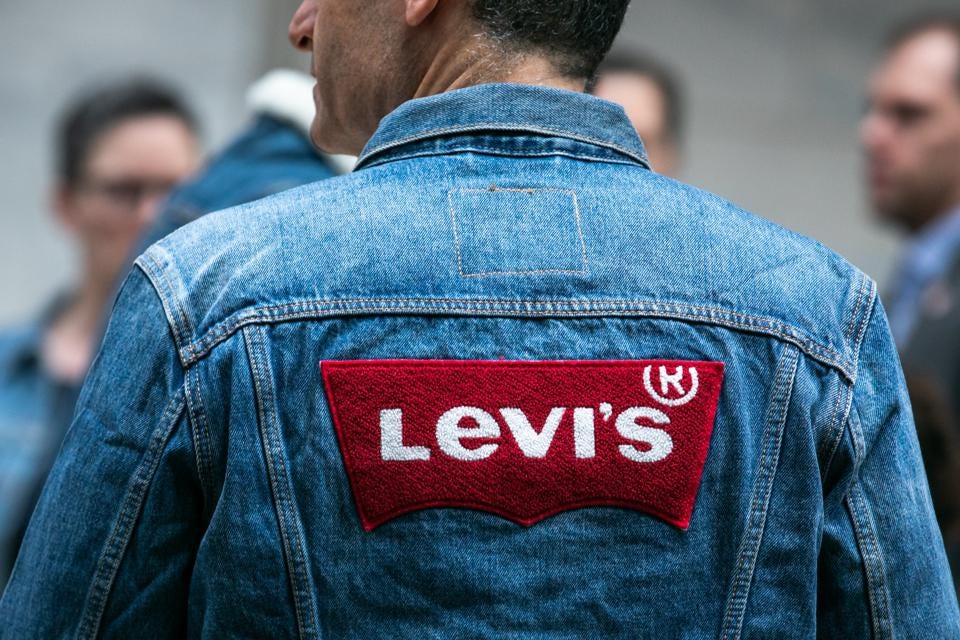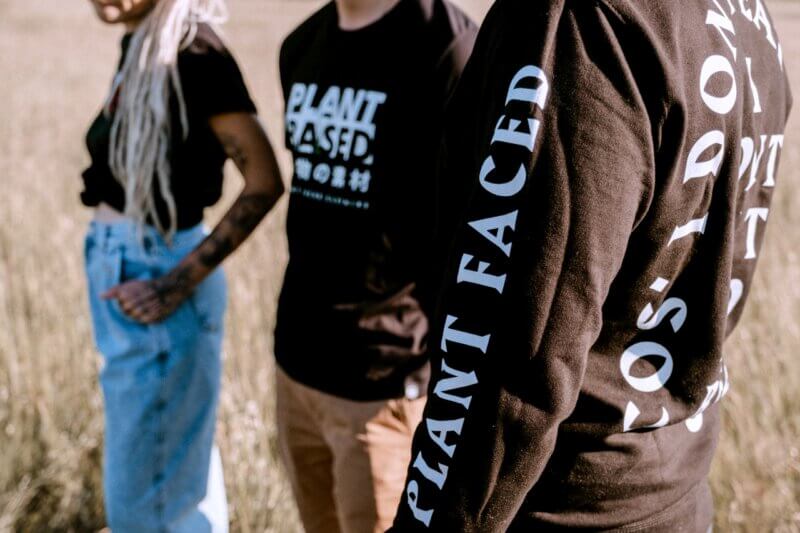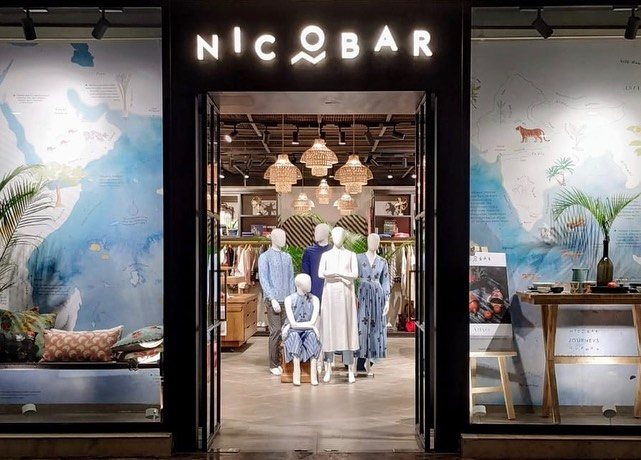Clothing that is environmentally conscious is a huge trend among millennials. Everyone, from famous individuals to those with a lot of power, is doing all they can to spread the word about sustainable fashion and, as a result, encourage others to be more environmentally aware and purchase clothing that isn’t bad for the planet. A significant amount of carbon emissions, the use of water, and the disposal of textile waste are all caused by the fashion sector. The industry of fast fashion in particular has the biggest influence on the environment and social sustainability; the clothes that are generated in this sector are often poorly constructed and made with materials that are not appropriate.
The following are nine firms in the fashion industry that are setting an example for sustainability. These businesses, both big and small, demonstrate the potential for sustainable fashion that is both aesthetically pleasing and socially responsible.
Levi’s
Levi’s is dedicated to producing eco-friendly denim apparel. The company is known for producing items that are built to last a lifetime; its best-selling product, the 501 Jeans, was initially introduced more than 150 years ago. The strategy that Levi’s plans to use to cut down on their water consumption by 80% and their emissions of greenhouse gases by 25% are called the “Water-Less Approach.” The whole design and production process of Levi’s is devoted to sustainability. This includes working toward sourcing 100% of their cotton from sustainable sources and recycling old jeans into home insulation.

H&M Conscious
Let’s take a step back in time to 2010 when H&M debuted their Conscious Collection, which included pieces of apparel crafted from organic cotton, recycled polyester, and other environmentally friendly materials. things that were crafted with a modicum of additional concern for the environment. Every item sold by Conscious Choice is made up of at least fifty percent recycled or organic materials, such as cotton grown without pesticides or polyester made from post-consumer waste, with many containing a great deal more. One way to look at it is as a fitting response to the fast fashion movement.
Adidas
Sustainability and the use of recyclable materials are two aspects that Adidas has been working to improve. In an effort to reduce the brand’s impact on the environment, the company plans to switch to using exclusively recycled polyester beginning in 2024. In addition, Adidas is dedicated to implementing fair labor policies and cutting down on the amount of water used in the manufacturing process. 20% of the energy that is used comes from renewable sources.

Bleusalt
As the company’s founder and designer, Lyndie Benson had the goal of developing a product line that would have a negligible effect on the ocean and the earth, two topics that are very important to her. The material that was used has the look and feel of cashmere, but it is also biodegradable, machine washable, and kind to the environment. Every item produced by the business is animal-friendly, antibacterial, and vegan-friendly (it kills microorganisms). Bleusalt has a significant following among models, with Kaia Gerber and Gigi Hadid both wearing pieces from the brand.
Plant Faced Clothing
Plant Faced Clothing is a clothing company that is 100 percent vegan and dedicated to the creation of environmentally friendly and ethical goods. The goods are crafted using environmentally friendly components and are designed to have a lifetime of use. The packaging that Plant Faced Clothing sells is made out of paper that is made entirely from recycled materials and uses water-based inks.

Tentree
Tentree lives up to its name by planting 10 trees for each item that is bought and also providing consumers with a number that allows them to monitor the development of their trees over time. It is projected that one billion trees will be planted by the year 2030. The apparel sold by Tentree is manufactured in ethical factories using environmentally friendly and ethically obtained materials such as cork, recycled polyester, and coconut husks, among others.
Nicobar
This desire is likely to be supported by the increased demand for material goods that is sparked by the growing popularity of overseas travel among India’s urban youth. We need attire for ambitious work journeys as well as tranquil leisure; we need travel gear to see and absorb as much of the world as possible; and we need crockery that sits on our dining tables and symbolizes our global-Indian aspirations. Nicobar, the new brand created by Simran Lal and Raul Rai, is expanding into that market. Given that the fashion industry is responsible for 10% of the world’s emissions, the firm places a strong emphasis on the usage of environmentally friendly textiles such as bamboo, TENCEL, modal, and other such materials. The manufacturing method does not include the use of any chemicals or pesticides.

Nynne
The Nynne brand is meant to reflect a lifestyle of consuming fewer goods but of higher quality. The label accomplishes this goal by concentrating its efforts on eight fundamental aspects of sustainability, all of which it intends to incorporate into its business practices. These aspects are materials, production, proximity, avoiding deadstock, consciousness, durability, packaging, and its very own “Diana” concept. The “Diana” dress is the brand’s namesake item, and it exemplifies Nynne’s approach to design, which is to create items that are adaptable in their appearance and enduring in their sense of fashion.
Stine Goya
According to Stine Goya, the environment receives a rating of “it’s a start.” It makes use of several eco-friendly materials, such as organic cotton, among other things. It comes in packaging that has been recycled. There is no indication that it attempts to reduce the amount of textile waste produced while it is making its goods. It does not use renewable energy in its supply chain, but it does so in its direct operations in order to lessen its effect on the planet. Stine Goya is well-known for its whimsical and colorful prints that appear on both its dresses and pieces. Goya is dedicated to environmentally responsible business methods, including the elimination of waste and the use of smart textiles.



